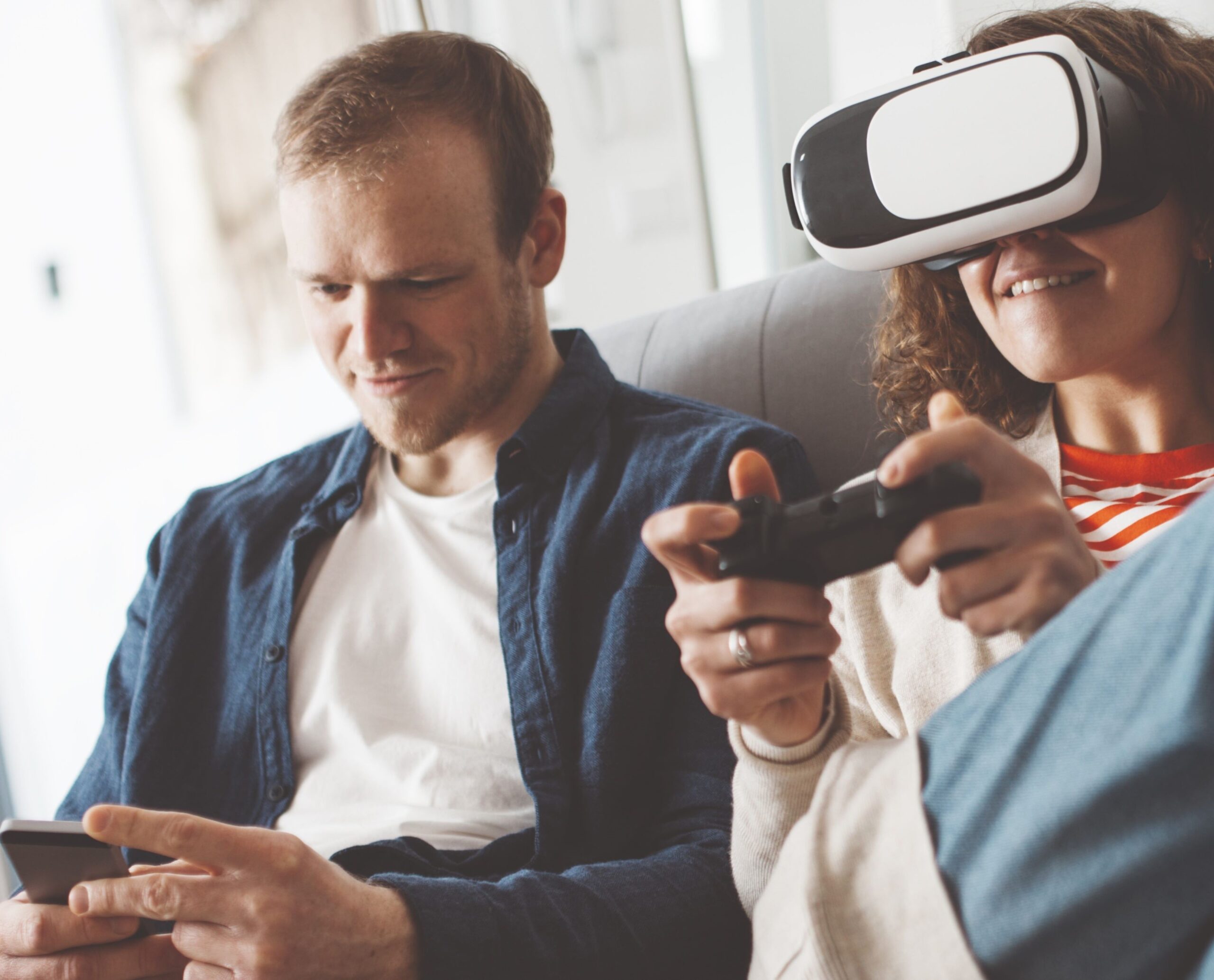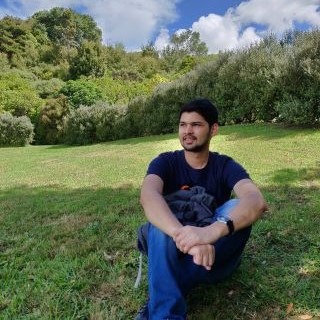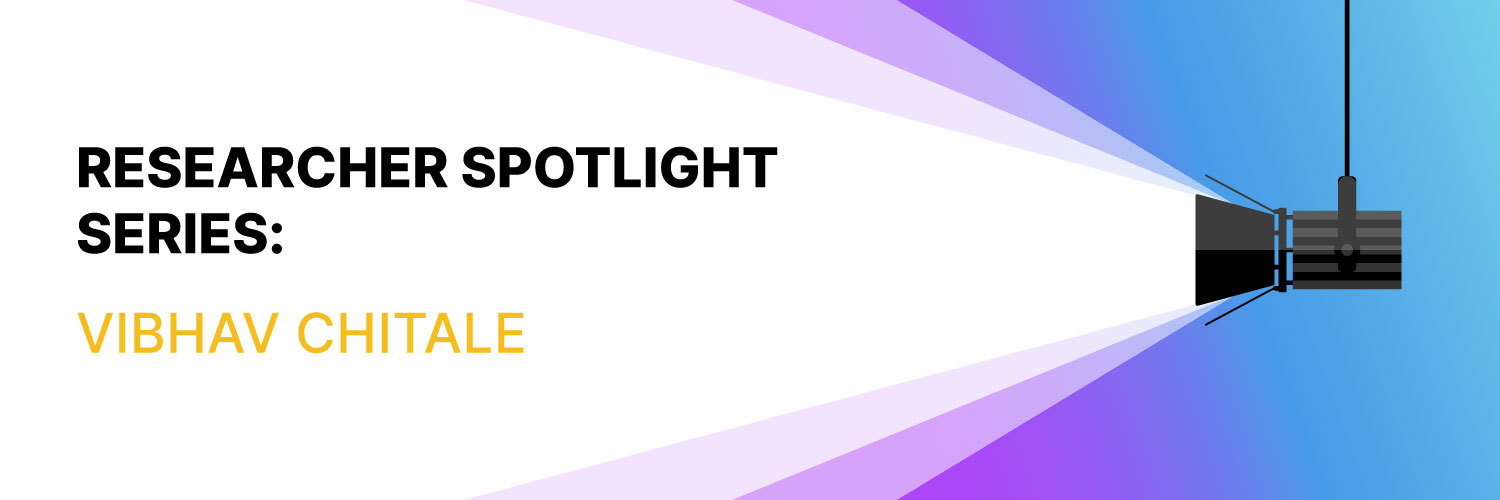Last month the QLD MIND Project sat down with Computer Science PhD candidate Vibhav Chitale who is working on changing the landscape of mental health assessments. Specifically, his project is focusing on the potential efficacy of assessing mental health through video games and virtual reality. With 3.2 billion players worldwide, gaming data represents a rich, multi-domain (e.g., cognitive, motor, emotional) source of behavioural information, that to date, remains largely unexplored. Vibhav’s PhD project involves the development of a new mobile-phone game that will, through the use of machine learning techniques, analyse in-game player behaviour to predict anxiety and depression levels. He ultimately hopes that by leveraging the power of video games in the assessment of mental health, he will be able to help improve the lives of those who suffer from mental health disorders.
We turned the spotlight on Vibhav to learn a little more about him:
What's your favourite sport or exercise activity?
What's the best advice you've ever received?
Tea or coffee? Why?
If you could be doing anything, anywhere, right now, what would you be doing and where would you be?
What's your proudest accomplishment?


To learn more about Vibhav Chitale
and his work, please visit his page
or follow him on twitter @vibhavchitale.

